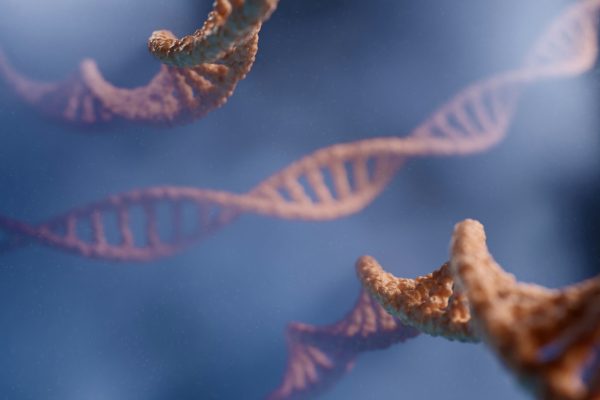
IP landmark cases: G01/07 (treatment by surgery)
In the fourth instalment of the IP landmark case series, Emanuel Bor reflects on the case that determined the patentability of surgery.

In the fourth instalment of the IP landmark case series, Emanuel Bor reflects on the case that determined the patentability of surgery.

Emanuel Bor releases the third article in his IP landmark cases series where he reveals whether DNA can be patented.

Emanuel Bor summarises a key IP landmark case where it was decided whether a living organism can be patented.

Malintha Hewa Batage reflects on evolutionary mismatch and how our metabolic genes are not well-matched with a modern, sedentary lifestyle.

Emanuel Bor kicks off the new IP landmark cases series by explaining what a patent is and the process needed to obtain one.

Julia Chung, the year 10-11 category winner of the Schools Science Competition reflects on predator-prey coevolution.

Year 12-13 winner of the Schools Science Competition, Jaden Lim, reflects on how domestication has been pivotal to the path of evolution.

Overall Schools Science Competition winner, Arushi Vasanad, explores the evolution of humans’ most powerful organ.

Katherine Faulkner reflects on how studies of the past can inform the future of conservation amidst the climate crisis.

Ben Bradley, Joshua Selfridge, and Siobann Bouyer report on the risk of space radiation and the potential risk of cosmic rays and how to mitigate these risks.